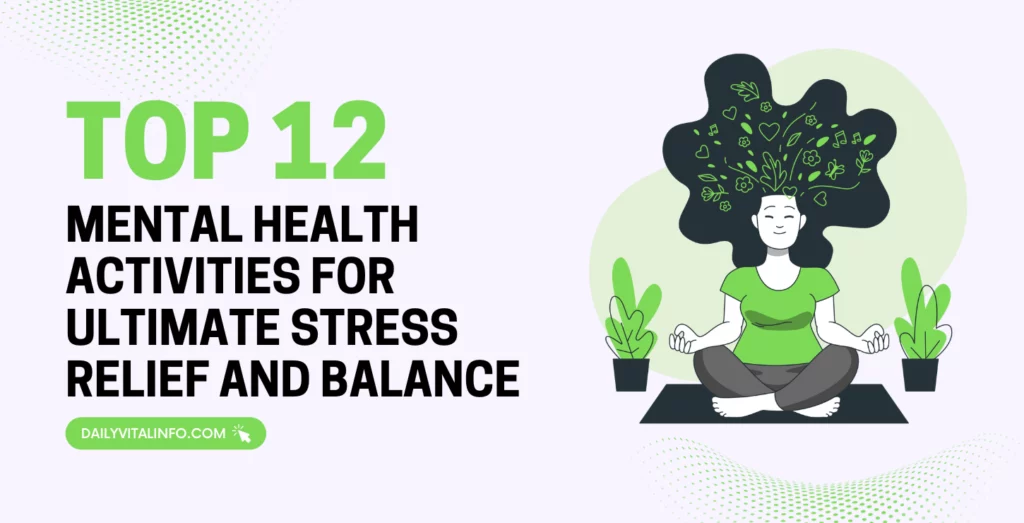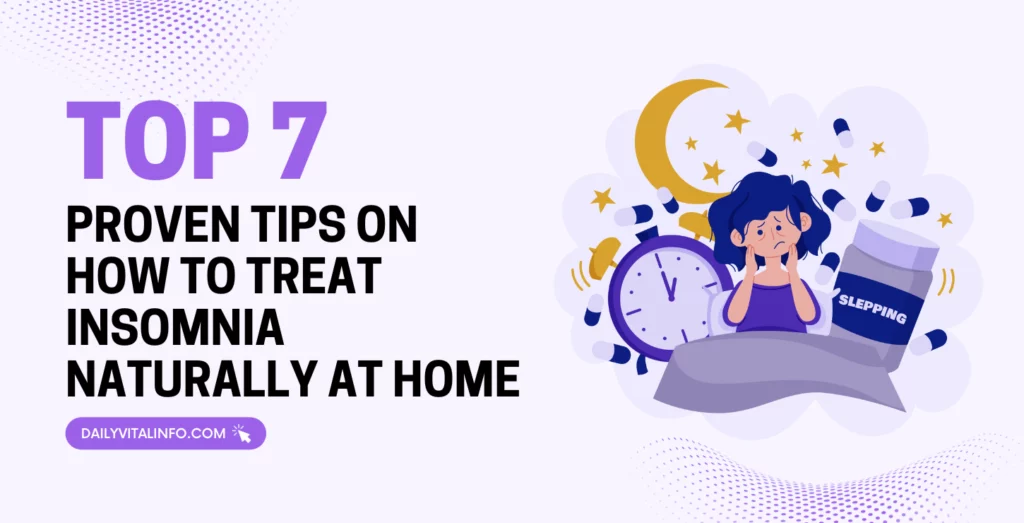Mental health activities provide stress relief and balance, and here are some ideas to consider. Nowadays, many people are experiencing high levels of stress, anxiety, and burnout, causing negative impacts on their mental well-being.
Engaging in activities that promote mental health can be highly effective in alleviating stress and restoring balance. These activities can include practicing mindfulness and meditation, regular exercise, journaling, connecting with nature, engaging in creative outlets such as painting or playing an instrument, practicing deep breathing exercises, and seeking professional help when needed.
Incorporating these activities into your routine can significantly improve mental well-being and provide a much-needed respite from the chaotic pace of daily life.
Introduction to stress and balance
Explore a range of mental health activities curated to alleviate stress and restore balance in your life. These activities are practical stress relief techniques that promote mental well-being and harmony.
Mental health activities for stress relief and balance
Feeling overwhelmed by stress? Struggling to maintain a healthy balance in life? You’re not alone. Today, many individuals are seeking effective ways to combat stress and find balance in their lives. In this blog post, we’ll explore powerful mental health activities that can help alleviate stress and restore harmony.
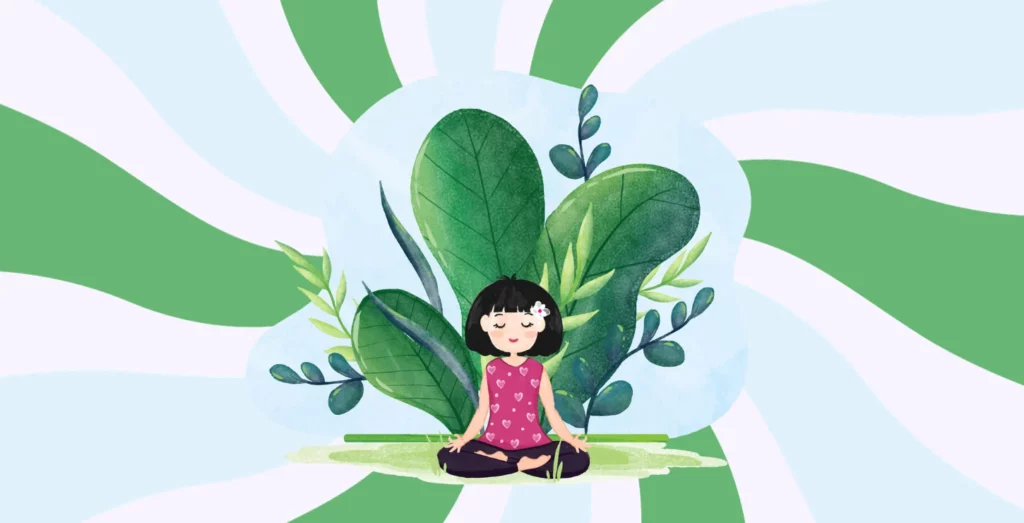
So, let’s dive in and discover the key to achieving inner peace and balance!
1. Understanding stress and its impact
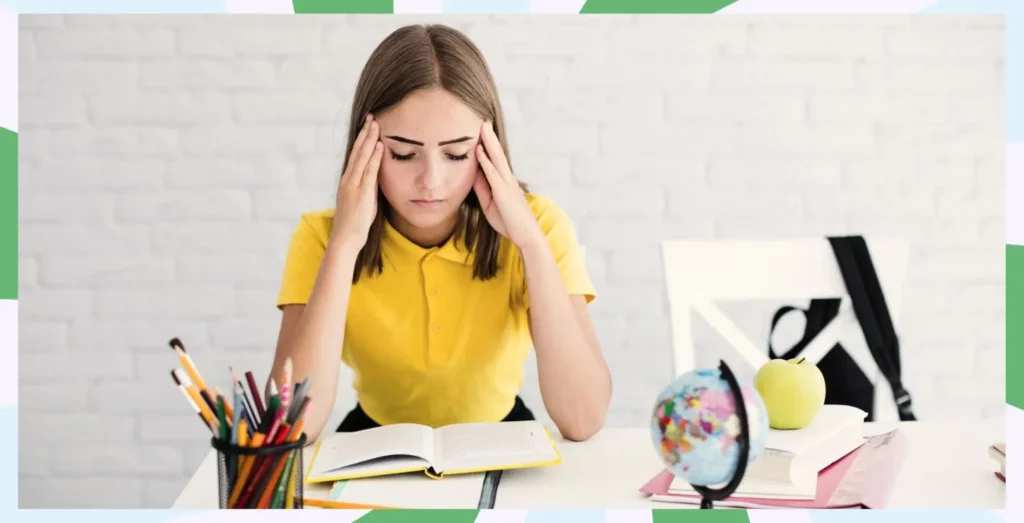
Stress can take a toll on both our mental and physical well-being. It’s essential to recognize the signs and symptoms of anxiety and understand its impact on our lives. Here are some key points to consider:
- Causes of Stress: Stress can be triggered by various factors, such as work pressure, financial difficulties, relationship challenges, or major life changes.
- Symptoms of Stress: Common signs of stress include irritability, fatigue, difficulty concentrating, changes in appetite, and sleep disturbances.
- Effects of Stress: Chronic stress can have severe consequences for our health, including an increased risk of heart disease, anxiety disorders, depression, and a weakened immune system.
- Finding Balance: Maintaining a healthy balance between work, personal life, and self-care is essential for managing stress effectively.
2. Engaging in mindfulness activities

Mindfulness practices can be potent in reducing stress and fostering a sense of balance and peace. Consider incorporating the following mindfulness activities into your routine:
- Deep Breathing Exercises: Deep, slow breaths can help activate the body’s relaxation response and calm the mind.
- Meditation: Regular meditation can train the mind to focus, reduce stress, and increase self-awareness.
- Yoga: Combining physical movement, breath control, and meditation, yoga can promote mental clarity and physical well-being.
- Journaling: Expressing your thoughts and emotions through writing can provide a cathartic release, allowing you to gain insights and find clarity.
- Gratitude Practice: Cultivating gratitude by focusing on the positive aspects of your life can shift your perspective and reduce stress.
3. Engaging In Creative Outlets
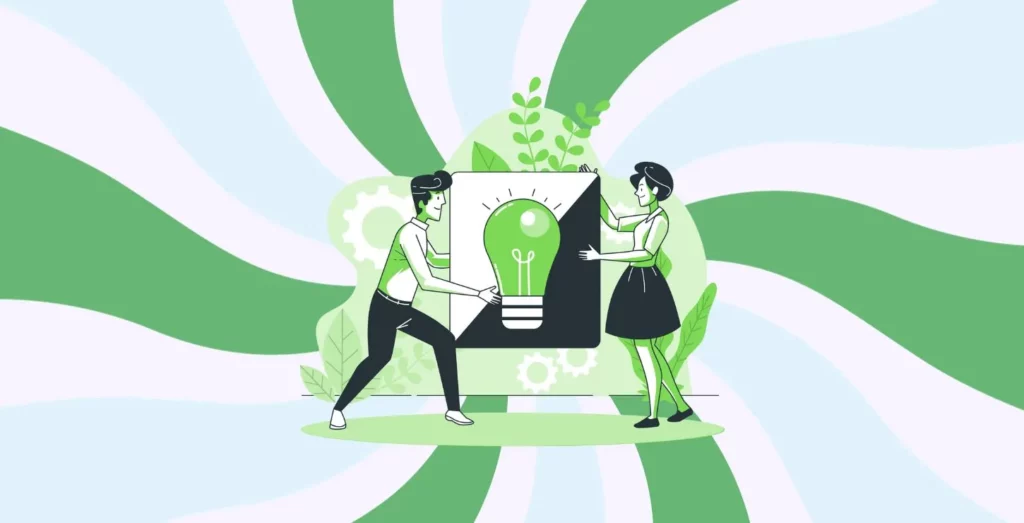
Engage in creative outlets for enhanced mental well-being and stress relief. Discover activities that promote balance, such as art, writing, and music, to foster a healthier mind. Creative activities can be a great way to relieve stress and achieve balance. Engaging in creative outlets allows you to express yourself, explore your imagination, and find joy and fulfillment. Whether you consider yourself an artist or not, there are various creative activities that you can try to promote mental well-being.
- Artistic Painting: Tap into your inner artist by trying your hand at painting. Experiment with different mediums such as watercolors, acrylics, or even digital painting. Engaging in this activity can provide a sense of calm and relaxation as you allow your creativity to flow onto the canvas.
- Writing and Journaling: Expressing your thoughts and emotions through writing can be incredibly therapeutic. Start journaling or explore creative writing by penning short stories or poems. Writing allows you to reflect, process, and understand your feelings, helping to reduce stress and improve mental clarity.
- Crafting and DIY Projects: Engaging in crafts and DIY projects not only serves as an outlet for creativity but also provides a sense of accomplishment. Whether it’s knitting, woodworking, or upcycling old items, these activities can help you focus your mind, relax, and find satisfaction in creating something with your own hands.
- Photography: Capturing the world through a lens can be a powerful way to connect with your surroundings and observe details often missed. Photography encourages you to be present in the moment and notice the beauty around you. Whether using a professional camera or your smartphone, this activity allows you to immerse yourself in the creative process and ultimately promotes relaxation.
- Music: Listening to or playing music can have a profound impact on your mood and well-being. Engage in playing a musical instrument, sing along to your favorite songs, or create your melodies. Music can evoke emotions, reduce stress, and provide an escape from every day worries.
- Dance and Movement: Engaging in physical activities such as dancing or any form of movement can be an excellent creative outlet. Moving your body to the rhythm of music not only allows you to express yourself but also releases endorphins, which are known to improve mood and reduce stress levels.
4. Engaging In Self-care Activities

Taking care of your physical, mental, and emotional needs is vital for stress relief and balance. Consider incorporating these self-care activities into your routine:
- Exercise: Regular physical activity boosts endorphin levels, reduces stress, and improves overall health.
- Quality Sleep: Prioritize quality sleep to recharge your body and mind, enhancing your ability to cope with stress.
- Healthy Nutrition: Nourish your body with a balanced diet, consuming plenty of fresh fruits, vegetables, and whole foods.
- Social Connection: Spending time with loved ones, engaging in meaningful conversations, and fostering positive relationships can provide emotional support.
- Hobbies and Interests: Pursuing hobbies and interests that bring you joy and fulfillment can provide an escape from stress and promote a sense of balance.
Remember, each individual is unique, and what works for one person may not work for another. Explore these activities and find what resonates with you. By prioritizing your mental health and incorporating these stress relief and balance activities into your daily routine, you can achieve a healthier, more fulfilling life.
So, take a step toward holistic well-being today!
5. Identification Of Stressors
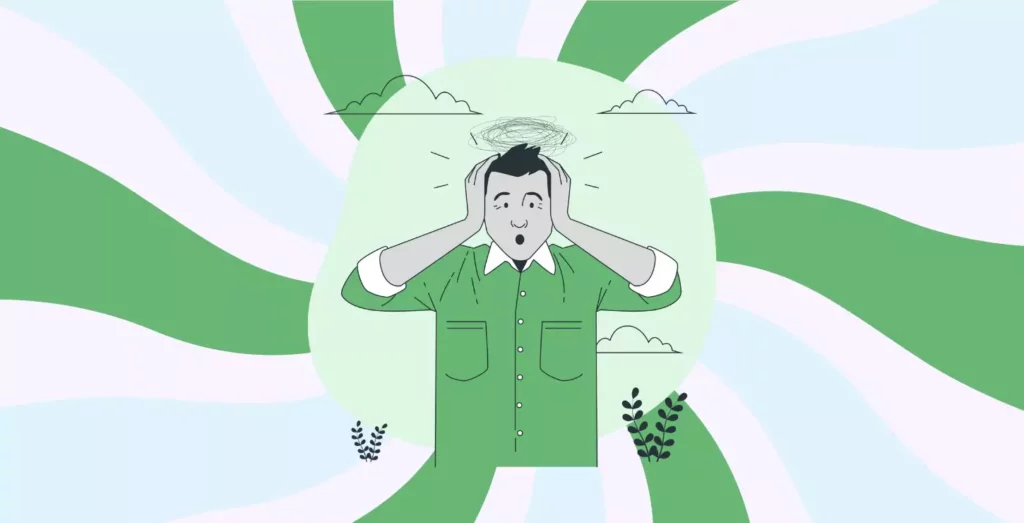
This mental health activity focuses on identifying stressors to achieve relief and balance. By understanding the factors contributing to stress, individuals can develop effective strategies for managing and reducing its impact on their well-being.
Understanding the sources of stress in your life is the first step towards effectively managing and reducing it. By identifying your stressors, you can gain clarity on what triggers your anxiety and take proactive measures to address them. Here are some tips to help you identify your stressors:
- Take note of situations that consistently cause you stress. This could be related to work, relationships, or other aspects of your life.
- Pay attention to your physical and emotional reactions to different situations. Notice any patterns or consistent triggers that lead to stress.
- Keep a journal to document your thoughts, feelings, and experiences. This can help you identify recurring stressors and patterns over time.
- Reflect on your daily routine and habits. Are there any activities or commitments that consistently leave you feeling overwhelmed or drained?
- Consider seeking feedback from trusted friends, family members, or colleagues. They may provide valuable insights on stressors that you may not have considered.
By actively identifying your stressors, you can better prioritize your mental wellness and tailor your stress relief activities accordingly. Remember, self-awareness is key to managing your stress levels effectively.
6. Mindfulness And Meditation
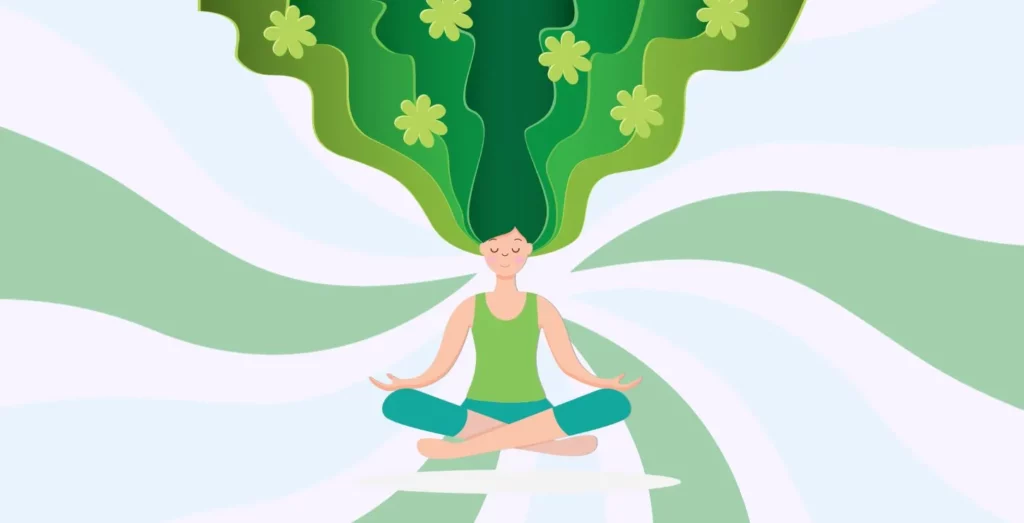
Discover the power of mindfulness and meditation as mental health activities for stress relief and balance. These practices help cultivate self-awareness, reduce anxiety, and promote mental well-being. Start your journey towards a calmer mind today.
Practicing mindfulness and meditation can be highly beneficial for relieving stress and achieving a sense of balance. By bringing your attention to the present moment and cultivating a non-judgmental awareness, you can reduce anxiety, improve mood, and enhance overall mental well-being.
Here are some mindfulness and meditation activities that you can incorporate into your daily routine:
- Mindful Breathing: Find a quiet place, sit comfortably, and focus on your breath. Inhale deeply through your nose, feeling the air fill your lungs, and then exhale slowly through your mouth. Please pay attention to the sensation of your breath as it enters and leaves your body, anchoring yourself in the present moment.
- Body Scan Meditation: Lie down or sit comfortably and bring your awareness to different body parts, starting from your toes and moving up to the top of your head. Notice any sensations, tensions, or areas of discomfort and breathe into them, allowing them to soften and release.
- Guided Meditation: Use an app or online resource to follow guided meditations. These can help you focus your mind and guide you through various mindfulness practices, such as loving-kindness meditation, gratitude meditation, or visualization exercises.
- Walking Meditation: Take a walk in nature or a quiet area and bring your attention to the sensations of walking. Feel the earth beneath your feet, the movement of your body, and the sounds surrounding you. Engage all your senses and be fully present in the experience.
- Mindful Eating: Slow down and pay attention to the flavors, textures, and smells of your food. Chew slowly and savor each bite, fully experiencing the nourishment you provide to your body.
- Journaling: Set aside time each day to reflect on your thoughts and feelings. Write down your worries, joys, or any insights that arise during your mindfulness practice. This can help you process emotions and gain clarity.
By incorporating mindfulness and meditation into your daily life, you can cultivate a greater sense of calm, reduce stress, and find a better balance between your mind, body, and spirit. Take some time each day to prioritize your mental well-being and discover the profound benefits that these practices can bring.
7. Physical Activities For Mental Health
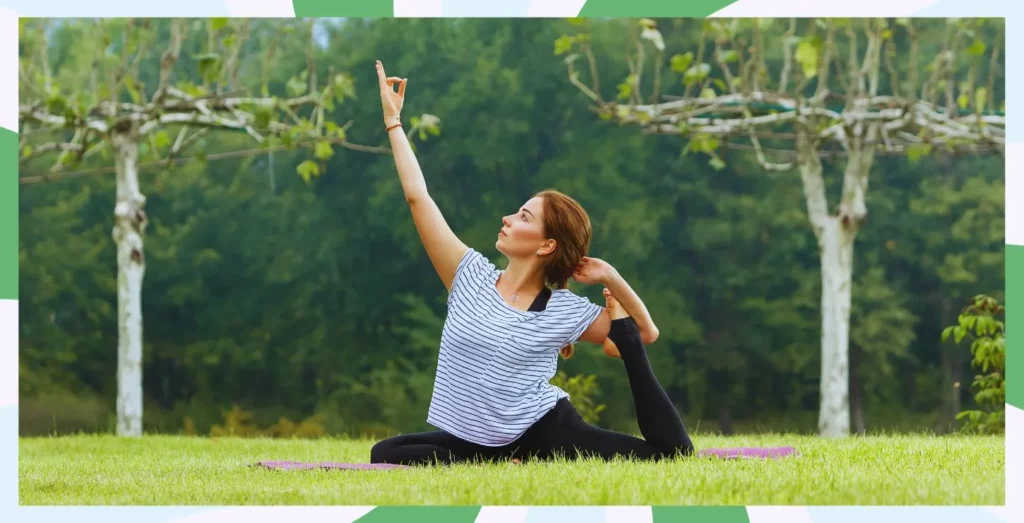
Physical activities can significantly benefit mental health by relieving stress and promoting balance. These activities not only improve physical well-being but also help to maintain emotional and psychological wellness, making them an essential part of self-care.
Physical activities play a vital role in maintaining and improving our mental health. Engaging in physical activities releases endorphins, known as the “feel-good” hormones. These hormones help reduce stress, improve mood, and increase overall well-being. Incorporating physical activities into your daily routine can be an effective way to manage stress and find balance in your life.
Here are some physical activities that can have a positive impact on your mental health:
- Aerobic Exercises: Activities like walking, running, cycling, or dancing can get your heart rate up and your blood pumping. These exercises help release endorphins, which can alleviate feelings of stress, anxiety, and depression.
- Strength Training: Working out with weights or resistance bands can help build muscle strength and improve mental resilience. Strength training not only enhances your physical fitness but also boosts self-confidence and self-esteem.
- Yoga: Combining physical postures, breathing exercises, and meditation, yoga is an excellent activity for enhancing mental well-being. Regular yoga can help reduce stress, increase focus, and promote relaxation.
- Tai Chi: This ancient Chinese martial art focuses on slow, controlled movements and deep breathing. Tai Chi promotes balance, flexibility, and inner calmness, making it an ideal activity for reducing stress and improving mental clarity.
- Team Sports: Participating in team sports such as soccer, basketball, or volleyball improves not only physical fitness but also fosters social connections and a sense of belonging. Team sports can help reduce anxiety, improve self-confidence, and enhance overall mental well-being.
- Hiking or Nature Walks: Spending time in nature has been shown to have numerous mental health benefits. Taking hikes or leisurely walks in natural settings can help reduce stress, boost mood, and improve cognitive function.
- Swimming: Immersing yourself in water while swimming provides both physical exercise and a sense of relaxation. Swimming can help reduce anxiety, ease tension in the body, and promote mental clarity.
- Dance: Whether it’s taking a dance class or simply dancing in the privacy of your own home, dancing is a fun and effective way to improve mental well-being. Dancing can boost mood, increase self-confidence, and provide a creative outlet for self-expression.
Remember, finding the physical activities you enjoy and incorporating them into your routine is key. Aim for at least 30 minutes of moderate-intensity physical activity most days of the week to experience the mental health benefits. So lace up those sneakers, grab a friend, and get moving for a healthier mind and body.
8. Benefits of nature on mental health
Consider the following options:
- Reduces Stress: Being in nature decreases the production of cortisol, the body’s stress hormone, helping to alleviate stress and promote relaxation.
- Improves Mood: Natural settings can increase serotonin levels, improving mood and feelings of happiness and calm.
- Enhances Concentration: Time spent in green spaces can restore mental fatigue and improve concentration and cognitive function, as per Attention Restoration Theory.
- Increases Vitamin D Levels: Exposure to sunlight during outdoor activities increases Vitamin D levels, which can help improve mood and overall health.
- Encourages Physical Activity: Nature often promotes physical activity, whether it’s hiking, walking, or playing sports, which in turn can reduce anxiety and depression.
9. Breathing Techniques And Relaxation Exercises
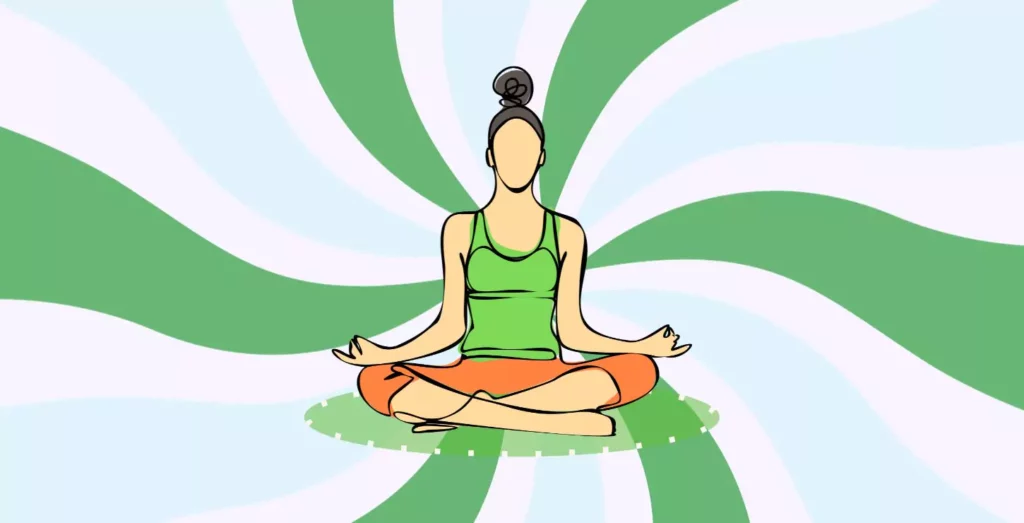
Discover effective breathing techniques and relaxation exercises for stress relief and mental balance. Improve your mental health with these proven activities. Breathing techniques and relaxation exercises are powerful tools that can help alleviate stress and create a sense of balance in our lives. By focusing on our breath and practicing techniques designed to calm the mind and body, we can promote relaxation and improve our overall mental well-being.
Here are some effective techniques and exercises to incorporate into your daily routine:
Diaphragmatic Breathing:
- Also known as deep belly breathing, this technique involves breathing deeply into your diaphragm rather than shallowly into your chest. It helps activate the body’s relaxation response and reduces stress. To practice diaphragmatic breathing:
- Find a comfortable position, either sitting or lying down.
- Place one hand on your chest and the other on your abdomen.
- Inhale slowly through your nose, allowing your abdomen to rise and expand.
- Exhale slowly through your mouth, feeling your abdomen contract.
- Repeat this process for a few minutes, focusing on the rise and fall of your abdomen with each breath.
Box Breathing:
- This technique involves inhaling, holding the breath, exhaling, and, again, creating a “box” pattern. It helps restore a sense of calm and clarity. To practice box breathing:
- Sit in a comfortable position and close your eyes.
- Inhale deeply through your nose, counting to four.
- Hold your breath for a count of four.
- Exhale slowly through your mouth, counting to four.
- Hold your breath again for a count of four.
- Repeat this process for several minutes, maintaining the same counting pattern.
Progressive Muscle Relaxation (PMR):
- PMR involves tensing and relaxing different muscle groups to release tension and promote relaxation throughout the body. To practice PMR:
- Sit or lie down in a comfortable position.
- Begin by tensing the muscles in your toes and feet, holding for a few seconds, and then releasing the tension.
- Move up to your calves and thighs, then your abdominal muscles, and continue progressively throughout your body, tensing and relaxing each muscle group.
- Pay attention to the sensations of tension and relaxation, allowing yourself to let go of any built-up stress fully.
Guided Imagery:
Guided imagery is a technique that uses visualization to create a calming mental state. It involves using your imagination to visualize a peaceful and serene scene or engaging in a guided meditation. You can find numerous guided imagery resources online, ranging from recorded audio to smartphone apps.
Remember, incorporating these breathing techniques and relaxation exercises into your daily routine can provide immense benefits for your mental well-being. Take a few moments each day to practice these techniques and experience the transformative power they can bring to your life.
10. Nutrition and mental health:
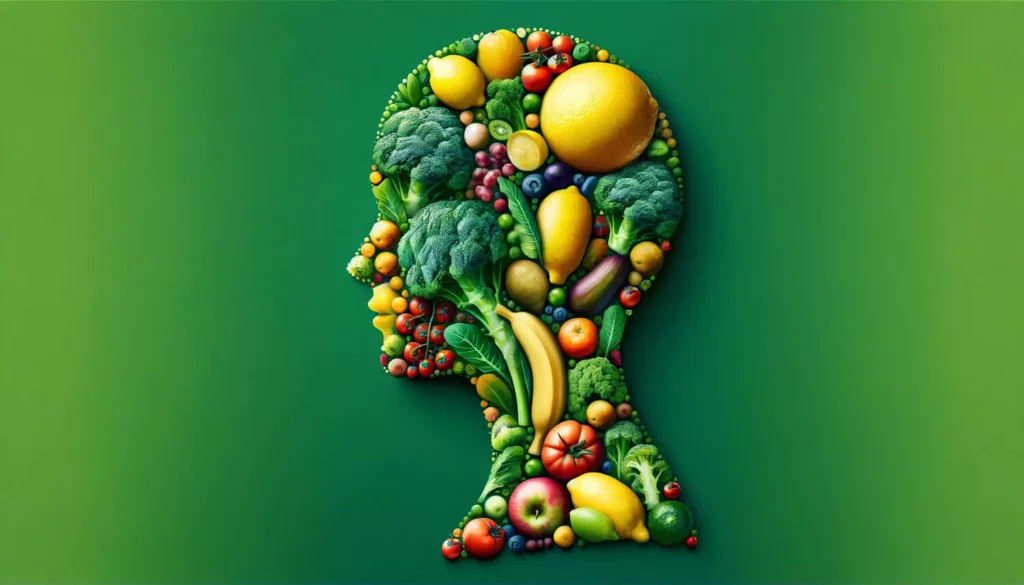
Discover mental health activities for stress relief and balance. Explore the link between nutrition and mental health to find ways to nourish your mind and enhance your well-being.
Nutrition plays a crucial role in our overall well-being, including our mental health. What we eat can significantly impact our mood, energy levels, and cognitive function. By incorporating certain nutrients into our diet, we can cultivate greater resilience to stress and promote emotional balance.
Here are some key ways in which nutrition can positively influence our mental health:
- Omega-3 Fatty Acids: Incorporating foods rich in omega-3 fatty acids, such as fatty fish (salmon, trout, and sardines), flaxseeds, and walnuts, can help reduce symptoms of depression and anxiety and improve overall brain health.
- Antioxidant-Rich Foods: Consuming antioxidant-rich foods, including berries, dark chocolate, and green leafy vegetables, can combat oxidative stress in the brain, reducing the risk of mental health disorders.
- Complex Carbohydrates: Opting for complex carbohydrates, such as whole grains, sweet potatoes, and legumes, can stabilize blood sugar levels and promote the production of serotonin, a neurotransmitter associated with mood regulation.
- B Vitamins: Including foods rich in B vitamins, like eggs, meat, dark leafy greens, and beans, can support brain function and the synthesis of neurotransmitters involved in mood regulation.
- Probiotics: Consuming probiotic-rich foods, such as yogurt, sauerkraut, and kimchi, can enhance gut health, which has been linked to improved mental health outcomes.
- Adequate Hydration: Staying hydrated is vital for optimal brain function. Drinking enough water throughout the day helps regulate mood, concentration, and cognitive performance.
By incorporating these key nutrients into your daily diet, you can support your mental health and create a foundation for stress relief and balance. Remember to seek advice from a healthcare professional or registered dietitian for personalized dietary recommendations.
11. Adequate sleep and stress

Discover effective mental health activities that can help you find stress relief and balance. Learn how adequate sleep plays a crucial role in managing stress and improving your overall well-being.
Lack of sleep is not only detrimental to our physical health but also affects our mental well-being. Adequate sleep plays a crucial role in reducing stress levels and promoting overall balance in our lives. Here are some ways in which sufficient sleep can help alleviate stress:
- Consistent sleep schedule: Establishing a regular sleep routine can help regulate your body’s internal clock and improve the quality of your sleep. Try to go to bed and wake up at the same time every day, even on weekends.
- Relaxation techniques before bed: Engaging in relaxation activities such as deep breathing exercises, meditation, or reading a book can relax your mind and prepare your body for a restful night’s sleep.
- Create a sleep-friendly environment: Make sure your bedroom is comfortable, quiet, and dark. Use earplugs, eye masks, or white noise machines if needed. Invest in a supportive mattress and pillows to enhance your sleep quality.
- Avoid electronic devices before sleep: The blue light emitted by electronic devices can disrupt your sleep patterns. Disconnect from screens at least an hour before bedtime to allow your mind to unwind.
- Limit caffeine and alcohol intake: Caffeine and alcohol can interfere with your sleep patterns, leading to fragmented sleep and increased stress levels. Try to limit your consumption, especially in the evening.
- Regular exercise: Engaging in physical activity during the day can promote better sleep at night. Aim for at least 30 minutes of moderate exercise each day, but avoid exercising too close to bedtime.
Remember, a good night’s sleep is essential for managing stress and maintaining balance in your life. Prioritize your sleep and watch how it positively impacts your overall mental well-being.
12. Time management skills:

Learn effective time management skills to improve your mental health and find balance in your life. Discover stress-relief activities that promote overall well-being and help you achieve a more harmonious lifestyle.
Time management is a crucial aspect of maintaining mental health and achieving a sense of balance in our lives. It allows us to prioritize tasks, reduce stress, and make the most of our limited time. Here are some time management skills that can help you relieve stress and achieve better balance in your daily life:
- Prioritize tasks: Make a to-do list and prioritize your tasks based on their importance and deadlines. This will help you stay organized and focused on what needs to be done.
- Set realistic goals: Break down your larger goals into smaller, more manageable tasks. This will make them less overwhelming and easier to accomplish.
- Create a schedule: Allocate specific time slots for different activities, including work, leisure, and self-care. Stick to your schedule as much as possible to avoid wasting time and feeling overwhelmed.
- Avoid multitasking: Contrary to popular belief, multitasking can increase stress and decrease productivity. Instead, focus on one task at a time and give it your full attention.
- Learn to say no: It’s essential to set boundaries and not overcommit yourself. Learn to say no to tasks or activities that don’t align with your priorities or contribute to your overall well-being.
- Delegate tasks: If possible, delegate tasks that others can do. Trusting others to share the workload can help alleviate stress and free up time for more important activities.
- Take regular breaks: Breaks are essential for avoiding burnout and maintaining productivity. Schedule short breaks throughout the day to rest, recharge, and clear your mind.
- Use technology to your advantage: There are numerous apps and tools available that can help you manage your time more effectively. Explore options like task management apps, calendar apps, and productivity trackers to find what works best for you.
- Practice self-discipline: Developing self-discipline is crucial for effective time management. Set realistic deadlines for yourself, minimize distractions, and stay committed to following your schedule.
- Review and adapt: Regularly review your time management practices and adjust as needed. Reflect on what works and what doesn’t, and be open to experimenting with new techniques.
Implementing these time management skills can help you better manage your schedule, reduce stress, and create a greater sense of balance in your life. Remember, it’s about finding what works best for you and making intentional choices to prioritize your mental health.
Top 12 Mental Health Activities for Ultimate Stress Relief and Balance
5 Proven Home Remedies for Root Cavity Treatment – Quick Relief!
FAQ: For mental health activities for stress relief and balance
How Do Mental Health Activities Help With Stress Relief And Balance?
Engaging in mental health activities, such as meditation or exercise, helps reduce stress and restore balance by promoting relaxation, improving mood, and increasing self-awareness.
What Are Some Effective Mental Health Activities For Stress Relief?
Engaging in activities such as practicing mindfulness, journaling, or participating in creative arts helps to relieve stress by promoting relaxation, allowing self-expression, and fostering a sense of accomplishment.
How Do Mental Health Activities Contribute To Achieving Balance In Life?
Mental health activities, such as self-care, setting boundaries, and maintaining social connections, contribute to achieving life balance by promoting self-reflection, prioritizing personal needs, and fostering healthy relationships.
Conclusion
In a world where stress and imbalance are prevalent, incorporating mental health activities can be a game-changer. Individuals can find stress relief and regain balance by engaging in meditation, journaling, and physical exercise. These activities not only support mental well-being but also positively impact overall health.
So, prioritize your mental health and make time for these activities to experience a more fulfilling and balanced life.
